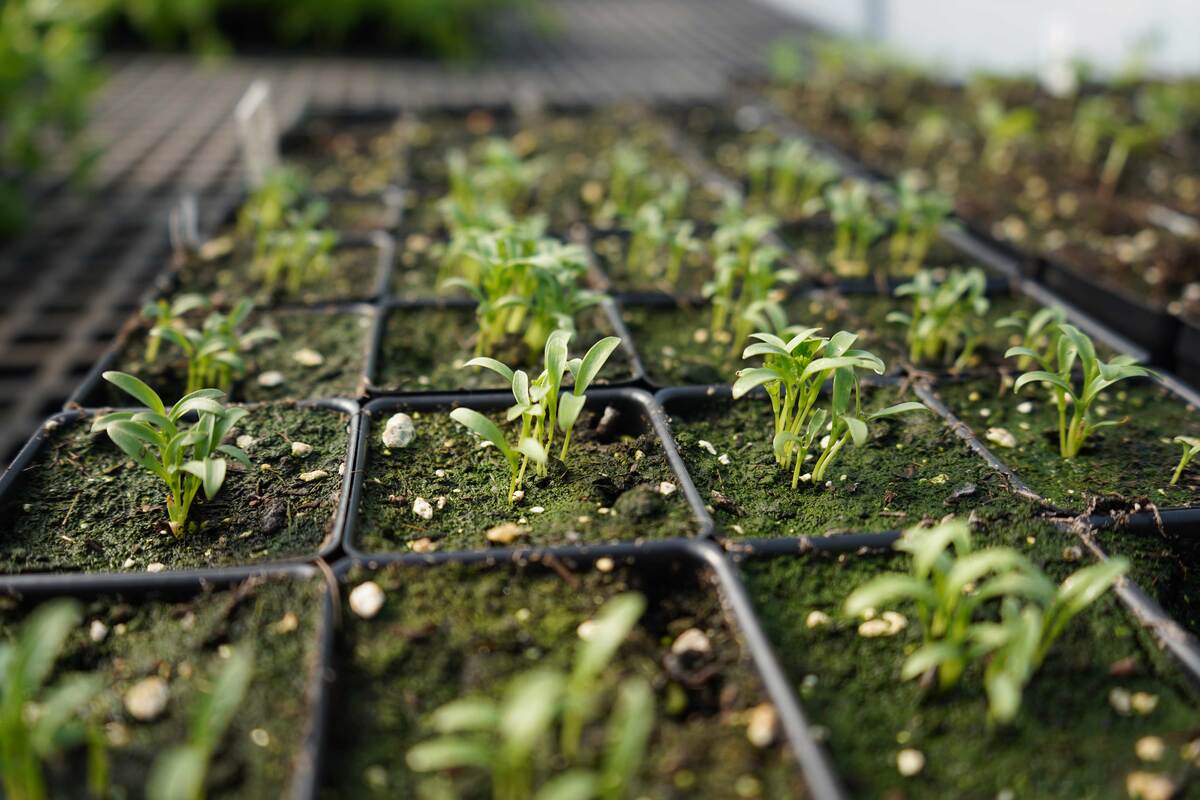Organic NPK fertilizer is a natural alternative to synthetic fertilizers, composed of organic materials that provide essential nutrients to plants: nitrogen (N), phosphorus (P), and potassium (K). Unlike synthetic fertilizers, which are chemically formulated, organic NPK fertilizers are derived from natural sources such as compost, manure, and plant residues.
Understanding NPK Ratio
The NPK ratio indicates the relative proportions of nitrogen, phosphorus, and potassium in a fertilizer. For example, a fertilizer with an NPK ratio of 5-3-3 contains 5% nitrogen, 3% phosphorus, and 3% potassium by weight. Understanding the NPK ratio is crucial for choosing the right fertilizer for specific plants and soil conditions.
Benefits of Organic NPK Fertilizer
Environmental Impact
Organic NPK fertilizers are environmentally friendly as they are derived from natural sources and minimize the use of synthetic chemicals. They promote soil biodiversity and reduce the risk of water pollution compared to synthetic fertilizers.
Soil Health Improvement
Organic NPK fertilizers improve soil structure and fertility by enhancing microbial activity and nutrient cycling. They help maintain soil pH balance and prevent soil erosion, leading to healthier and more productive soils over time.
Plant Growth and Yield Enhancement
The balanced nutrient composition of organic NPK fertilizers promotes robust plant growth and development. They provide a steady supply of nutrients to plants, leading to increased yield, improved crop quality, and enhanced resistance to pests and diseases.
Different Types of Organic NPK Fertilizers
Organic NPK fertilizers come in various forms, each with its unique nutrient composition and benefits.
Compost
Compost is a mixture of organic matter such as kitchen scraps, yard waste, and manure that decomposes into a nutrient-rich soil amendment. It contains a balanced blend of nitrogen, phosphorus, and potassium, along with other essential micronutrients.
Manure
Manure, whether from livestock or poultry, is a valuable source of organic nutrients for plants. It provides nitrogen, phosphorus, and potassium, as well as organic matter that improves soil structure and moisture retention.
Bone Meal
Bone meal is made from ground animal bones and is rich in phosphorus, making it ideal for promoting root development and flowering in plants. It also contains smaller amounts of nitrogen and potassium, contributing to overall plant health.
Fish Emulsion
Fish emulsion is a liquid fertilizer made from decomposed fish remains and is high in nitrogen, making it suitable for promoting leafy green growth in plants. It also contains smaller amounts of phosphorus and potassium, along with trace minerals.
How to Use Organic NPK Fertilizers
Application Methods
Organic NPK fertilizers can be applied to plants through various methods, including broadcasting, top-dressing, and side-dressing. Broadcasting involves spreading the fertilizer evenly over the soil surface, while top-dressing involves applying it around the base of plants. Side-dressing involves placing the fertilizer in a band alongside rows of plants.
Dosage and Frequency
The dosage and frequency of organic NPK fertilizer application depend on factors such as plant type, soil condition, and growth stage. It is essential to follow the manufacturer's recommendations and avoid over-application, which can lead to nutrient imbalances and environmental damage.
Comparison with Synthetic Fertilizers
Organic NPK fertilizers offer several advantages over synthetic fertilizers, including improved soil health, reduced environmental impact, and long-term sustainability. While synthetic fertilizers provide quick-release nutrients, organic NPK fertilizers release nutrients slowly over time, resulting in more sustained plant growth and reduced risk of nutrient leaching.
Challenges and Limitations
Despite their benefits, organic NPK fertilizers also have some challenges and limitations. They may be more expensive and less readily available than synthetic fertilizers, and their nutrient content can vary depending on the source and production process. Additionally, organic fertilizers may take longer to break down and release nutrients, requiring careful timing and application.
Case Studies of Successful Organic NPK Usage
Several studies have demonstrated the effectiveness of organic NPK fertilizers in improving soil fertility and crop productivity. For example, a study conducted on organic vegetable farms found that compost-based fertilizers significantly increased soil organic matter content and crop yields compared to synthetic fertilizers.
Future Trends and Innovations
As interest in sustainable agriculture grows, the demand for organic NPK fertilizers is expected to rise. Researchers and manufacturers are continually innovating to develop new organic fertilizers and improve existing ones, with a focus on efficiency, affordability, and environmental stewardship.
Safety and Environmental Considerations
Organic NPK fertilizers are generally safe to use, but precautions should be taken to prevent over-application and runoff into water bodies. It is essential to store fertilizers properly and follow recommended application rates to minimize environmental impact and ensure the safety of plants, animals, and humans.
Tips for Choosing the Right Organic NPK Fertilizer
When selecting an organic NPK fertilizer, consider factors such as the nutrient requirements of your plants, soil pH and composition, and the availability of different organic fertilizers in your area. Conduct soil tests to determine nutrient deficiencies and consult with local agricultural experts for personalized recommendations.
Conclusion
Organic NPK fertilizers offer a sustainable and environmentally friendly solution for promoting plant growth and soil health. By understanding their benefits, choosing the right fertilizer, and adopting responsible application practices, gardeners and farmers can optimize crop yields while minimizing environmental impact.


No comments yet